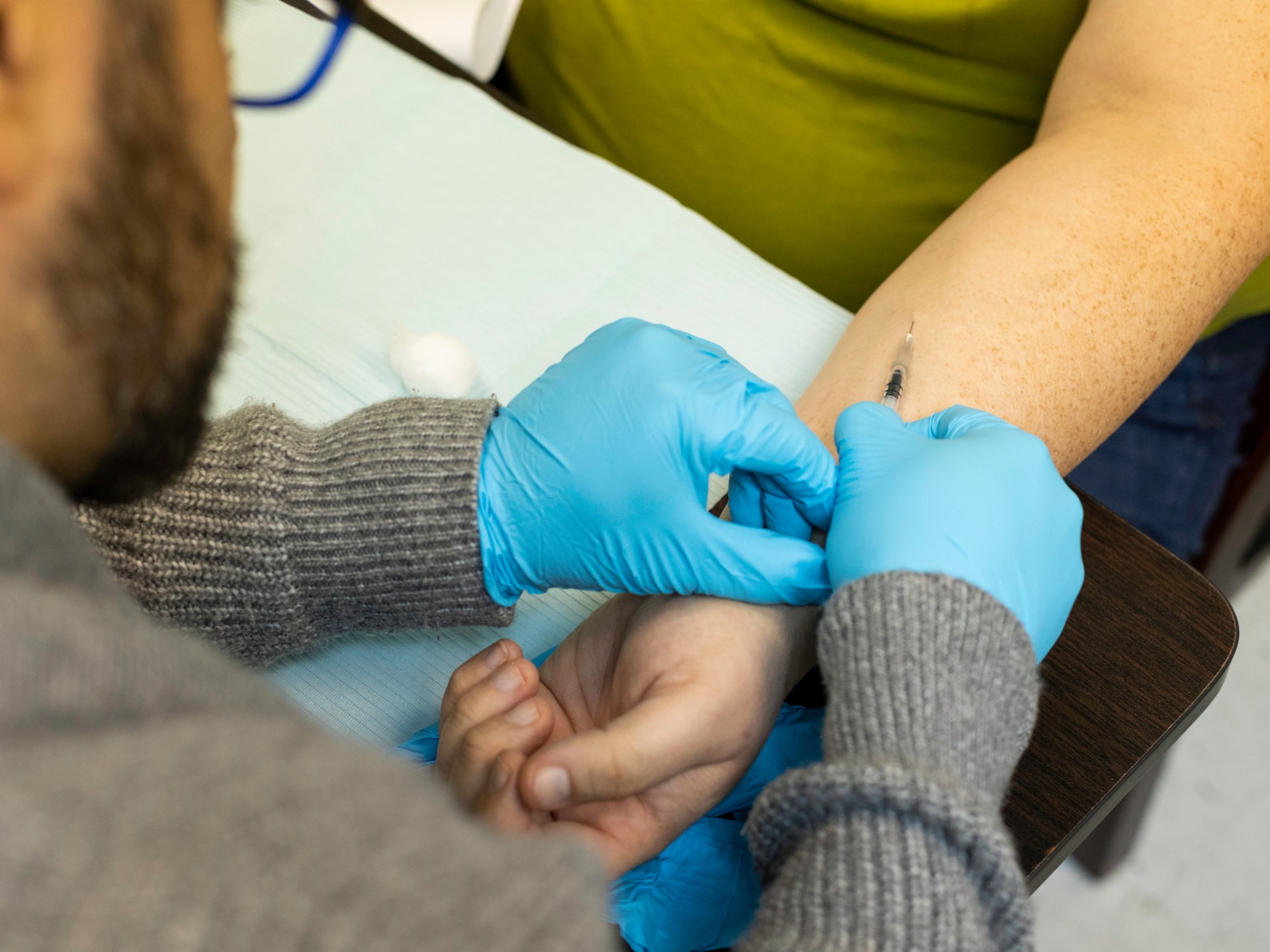Mpox Variant Clade I: First Case Outside Africa Reported in Sweden
Understanding the More Dangerous Variant and Its Potential Impact
The world has been grappling with the outbreak of mpox, a viral infection that has spread from Africa to other regions. Recently, the Swedish government confirmed the first case of mpox clade I, a more dangerous variant of the infection, outside Africa. This development has raised concerns and sparked discussions about the potential impact and implications of this new development.
What is Mpox Clade I?
Mpox, previously known as monkeypox, is a viral infection that spreads through close contact with infected individuals or animals. There are two main clades, or genetic lineages, of mpox: clade I and clade II. Clade I is known to cause more severe illness and has a higher mortality rate compared to clade II.
First Case in Sweden
On Thursday, the Swedish government announced the confirmation of the first case of mpox clade I outside Africa. The individual had become infected during a trip to an African country where there is an ongoing outbreak of clade I. After returning to Sweden, the person sought medical attention in Stockholm and received necessary care.
Potential Spread and Impact
The Swedish public health agency anticipates that there may be occasional cases of clade I imported into the country. However, they emphasize that the risk to the general population remains low. The European Centre for Disease Prevention and Control (ECDC) also shares this assessment.
Nevertheless, the emergence of clade I outside Africa highlights the need for vigilance and preparedness. The World Health Organization (WHO) has declared mpox a global public health emergency, and the Africa Centers for Disease Control and Prevention has classified it as a public health emergency on the continent.
Symptoms and Transmission
The symptoms of mpox clade I are similar to those of clade II. They may include fever, chills, rash, swollen lymph nodes, and muscle aches. The infection can be transmitted through close contact with infected individuals or their contaminated belongings.
Prevention and Treatment
Preventing mpox involves avoiding contact with infected individuals, using personal protective equipment (PPE) when appropriate, and practicing good hygiene. There is a vaccine available that can provide immunity against mpox, and antiviral medications can be used to treat the infection.
International Response
The WHO, in collaboration with international partners, is working to coordinate a global response to the outbreak. The organization has called for increased surveillance, testing, and vaccination efforts. It is also essential to strengthen laboratory capacity and ensure the availability of diagnostics and therapeutics.
Conclusion
The detection of the first case of mpox clade I outside Africa serves as a reminder of the evolving nature of the outbreak. While the risk to the general population is currently low, it is crucial to remain vigilant and take necessary precautions to prevent the spread of the infection. International collaboration and a coordinated response are vital to controlling the outbreak and safeguarding public health.



